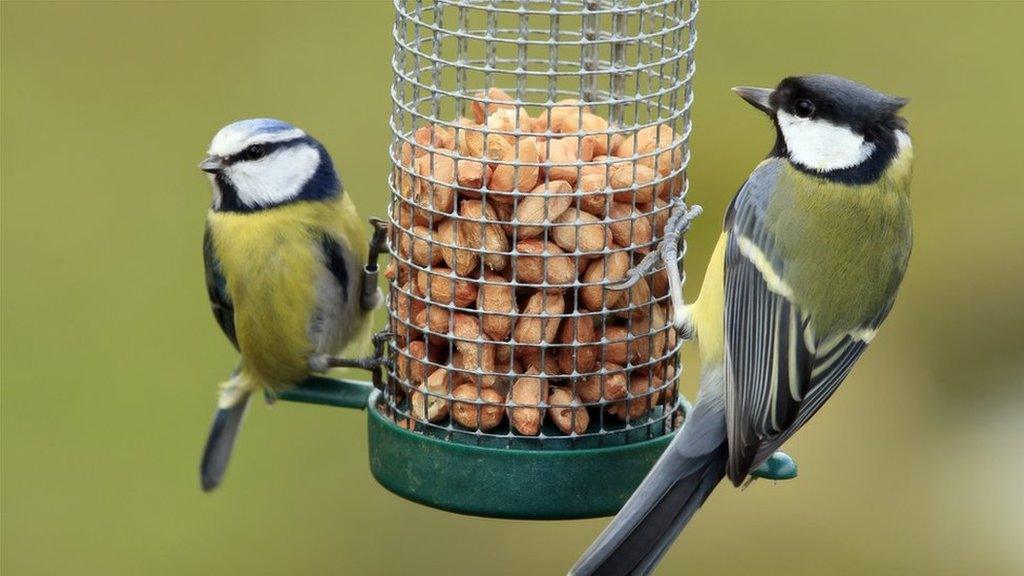'Save our slugs', says RHS and Wildlife Trust
- Published
- comments
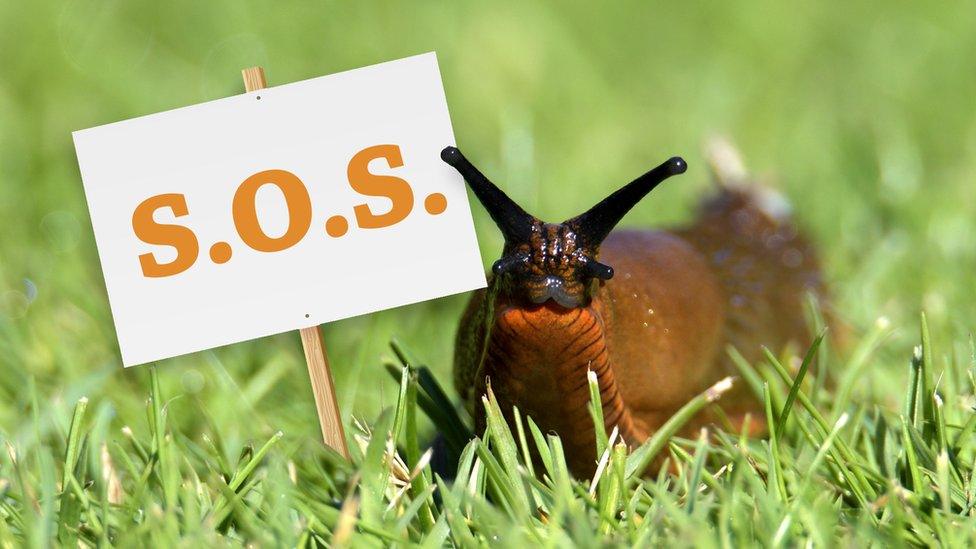
They have a reputation for over-indulging in the greener things in life, namely your nan's prize vegetable patch.
In fact slugs and snails are often regarded as pests by gardeners.
But experts from the Royal Horticultural Society (RHS) and the Wildlife Trusts say that this belief about slugs and snails couldn't be further from the truth, and are urging the public to take better care of our slimy friends.
The charities say of the UK's 150 species of slugs and snails only a "small fraction" could be a real problem for gardeners, and in fact most species do more good than harm.
Slugs: The rebels lurking in your garden (from October 2019)
Slugs and snails are part of an important ecosystem in both our gardens and the wild.
They like to feast on decaying plants, fungi and even poop, and in doing so they add vital nutrients back into the soil.
And they make a great source of food for birds and hedgehogs.
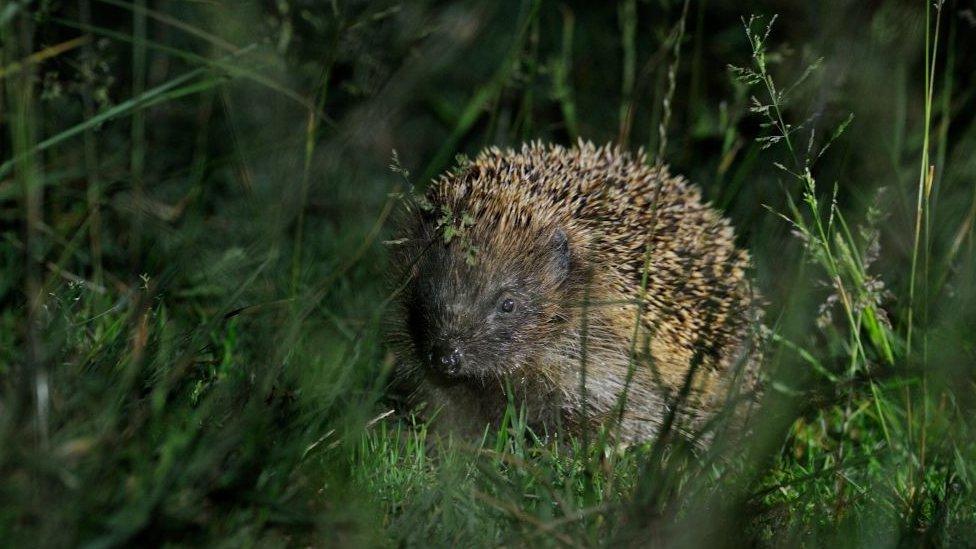
Slugs and snails can make a tasty snack for a hungry hedgehog
"While a small number of slugs and snails can cause damage to certain plants, overall they bring many benefits to the garden and contribute to a balanced ecosystem," said RHS senior wildlife specialist, Helen Bostock.
The charities are urging the public to avoid using pesticides like pellets, instead using alternative ways to keep slugs and snails at bay.
"You can grow a range of plants that snails and slugs tend to not eat, such as onions and hardy herbs, instead of trying to control them," said Kathryn Brown from the Wildlife Trusts.
"These marvellous molluscs help to enrich and aerate the soil, and they're also a great food source for other incredible animals such as newts and beetles," she said.
- Published2 May 2023
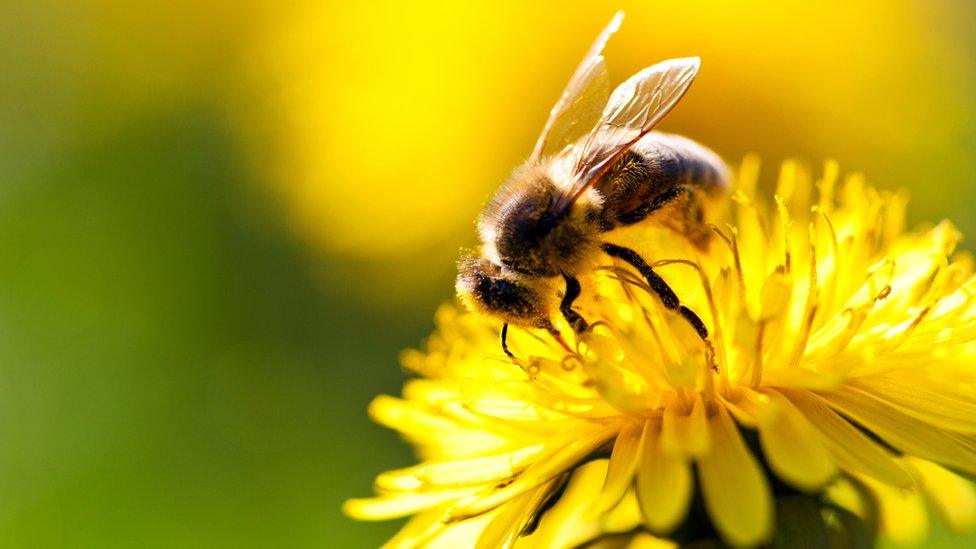
- Published21 May 2021
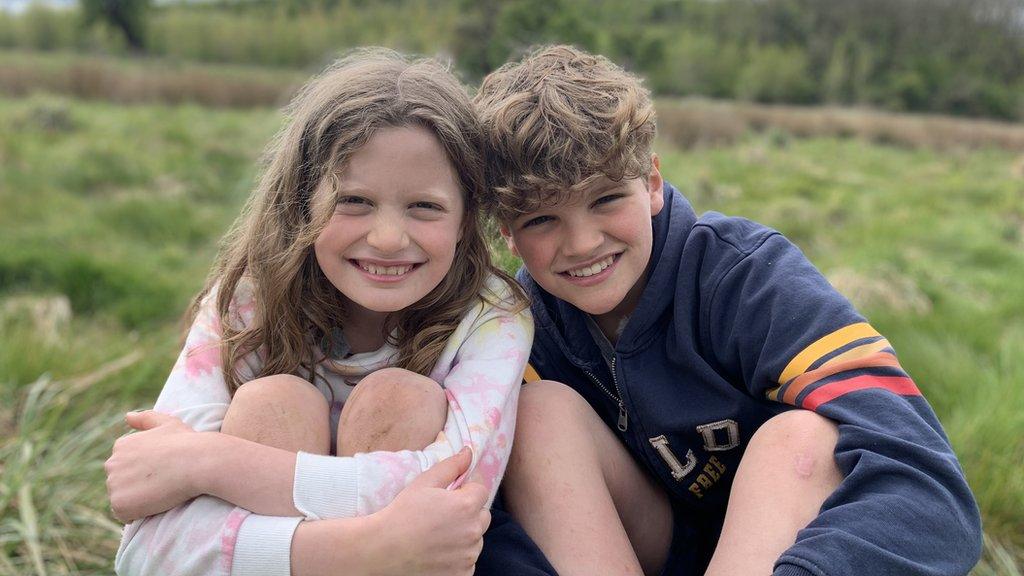
- Published23 June 2020
